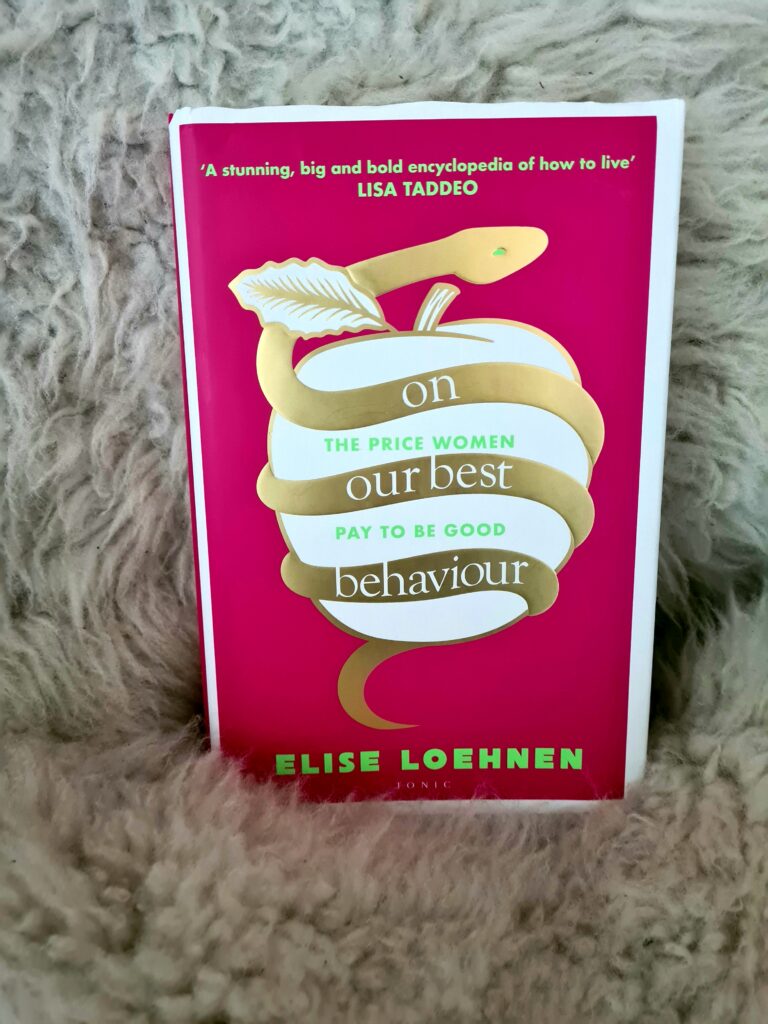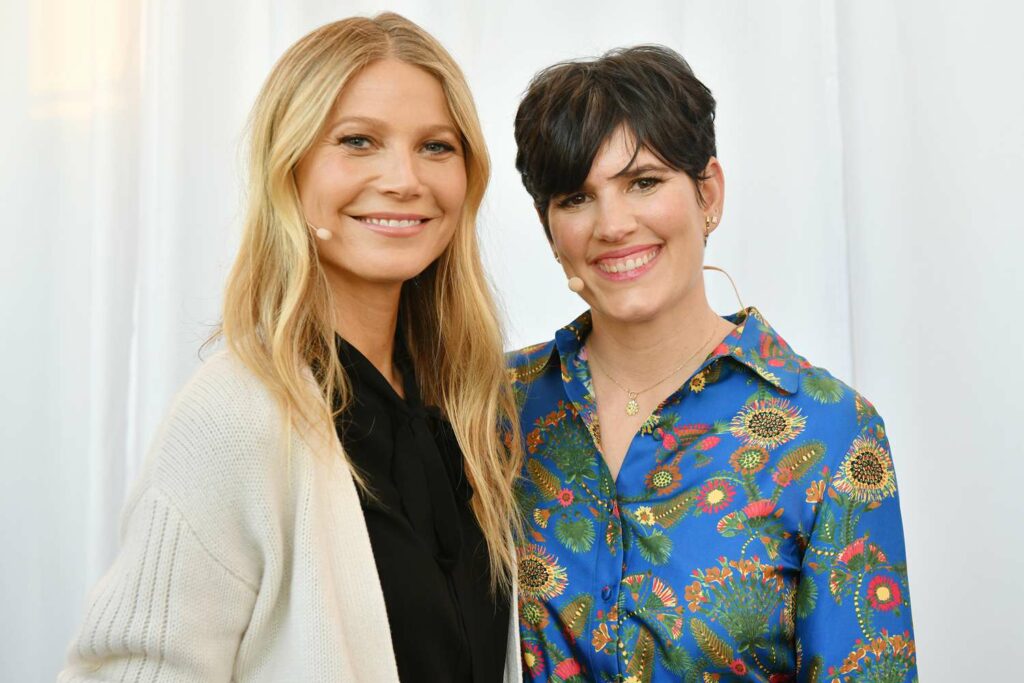
There’s no denying that girls walk a thin, winding and poorly lit path on their journey to womanhood. The demands stack up like a game of Tetris. Be hardworking but not overly ambitious; make the best of yourself but don’t veer into vanity. Never become a ‘pick me’ girl, but beware! Assertiveness is equally unattractive. It feels impossible. Because it is. And now writer Elise Loehnen has leant her voice to the conversation, with her word-of-mouth book, On Our Best Behaviour.
Loehnen explores women’s experience through the lens of the seven deadly sins. Leading us to consider the times we’ve been coerced, corralled and kept in check by the patriarchy. The times we were told our wants and urges were wrong – because a good woman should never express her desire.
Loehen wasn’t always so self aware…
Here’s something you may not know about the author, Elisa Loehnen. Prior to penning On Our Best Behaviour, she was Chief Content Officer at Gwyneth Paltrow’s goop. A position she held util 2020. But now, it seems, she’s reflected on her time pedalling unattainable and expensive wellness fads. And realised her folly. She writes, “When I left goop, I vowed to never do another cleanse again and went into full rebellion, which has been kind of fun. And definitely healthy in terms of letting go of ideas of what my body should look like, as a 42-year-old who has had two kids.”

But I won’t hold her time at goop against her. She seems to have done a 180 with wellness, and ultimately this is an incredibly well written and researched book. There are so many rich pickings here, that I struggled to zoom in on just one topic of interest. But then gluttony piqued my interest – especially in relation to the wanting, requesting and making of money. We all know money has a significant impact on women’s self-esteem, mental health and quality of life. Yet it’s still a subject rarely discussed. Including on this blog. Where I’m still to pen a single post on finances.
Only greedy girls talk about money
Loehnen looks at how women are encouraged to shop – it’s feminine, it’s frivolous, it feels so rewarding in the moment. In fact, she posits, it’s almost our civic duty. Spend. Do your bit for the economy, look stylish, and adhere to a gender norm. Open any women’s magazine or Sunday Supplement and see page after page of pricey fripperies. Gold cased lipsticks, cream cashmere socks and slinky designer dresses. And normally too, an image almost identical to the above.

Where a well dressed woman saunters down the high street, holding a selection of paper shopping bags. I’m chic, fun, wealthy, it declares. And pricey shops are where women are encouraged to part with their hard earned cash. But as On Our Best Behaviour points out, real wealth comes from investing over the long term – properties, portfolios, pensions. And this is a club where women aren’t so visible. In fact it’s almost always illustrated by a square jawed man in a suit, staring intently at a computer screen. Yet, paradoxically, women need the membership most, because they are significantly more likely to experience poverty. Especially if they separate or divorce and become a lone parent. And in the UK there are 2.9m single parent families, the majority headed by a mother. So hardly an uncommon set of circumstances.
How to get the wealth we deserve
But a major barrier to accruing the wealth we want, is the expectation that good girls don’t discuss money and can’t make peace with it even in their own minds. There is a particularly confronting example, on page 165 where Loehnen plans her current, ideal and 5 year financial projections.
She writes, “Like many women I know, I’m quick to say I don’t have enough or don’t have what I need – but I have never bothered to articulate what ‘enough’ or ‘need’ look like. It’s hard to ask for what you need when you can’t express it to yourself. I couldn’t quantify what I couldn’t admit.”
If this resonates with you, as I’m sure it does with many women, then you are not alone. Perhaps it’s time for all of us to shrug off the people pleasing, traditionally ladylike behaviour and think realistically about financial security for the world we live in.
As a place to start, I have two very good recommendations. My friend Nicola Ng at Happiful magazine, wholeheartedly recommends Money Movers, an organisation which supports women in maximising their money ethically, all while considering climate change.
And if you want a great book to read, then I always recommend We Need to Talk About Money by Otegha Uwagba. This isn’t just a look at money but includes class, colour and social conditioning too. It’s also incredibly well written, with insights galore. It will set you on the path to financial proficiency, all while opening your eyes to the world around you.
Lastly, I would love to hear your own thoughts and experience on greed, money and knowing your worth. Please comment below.
